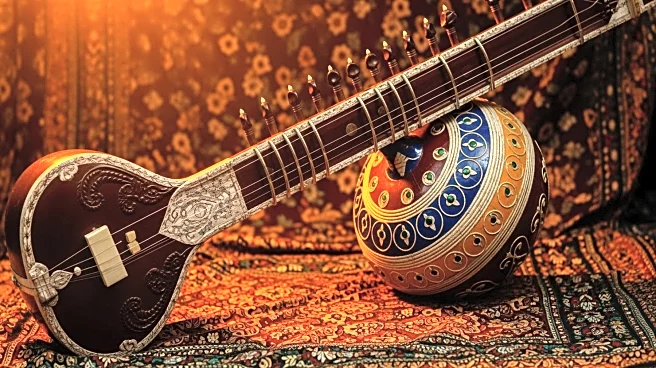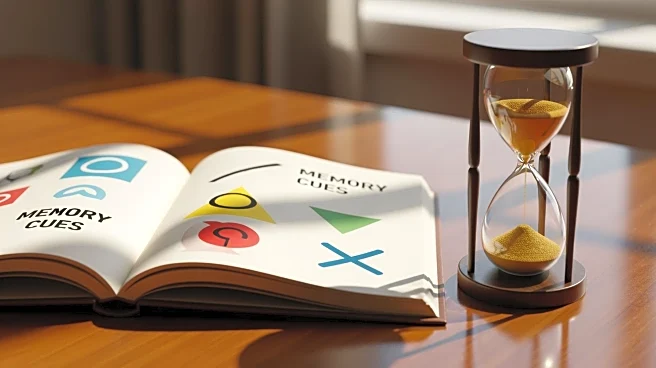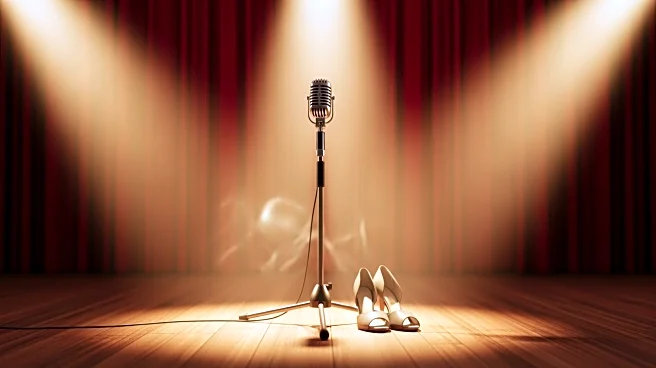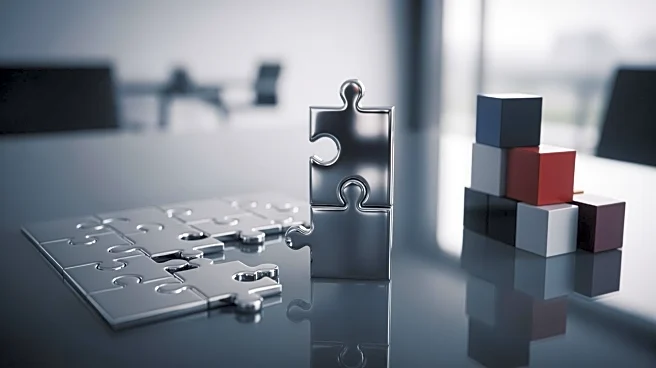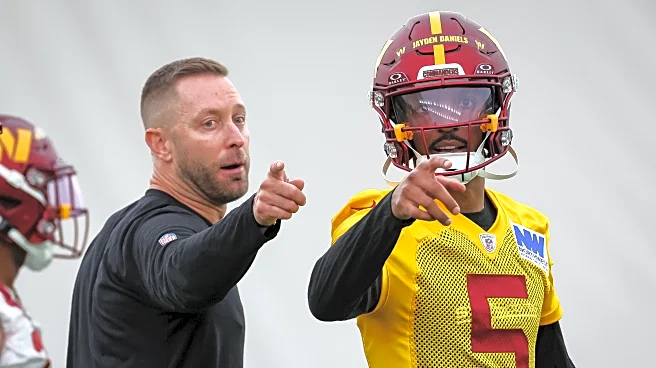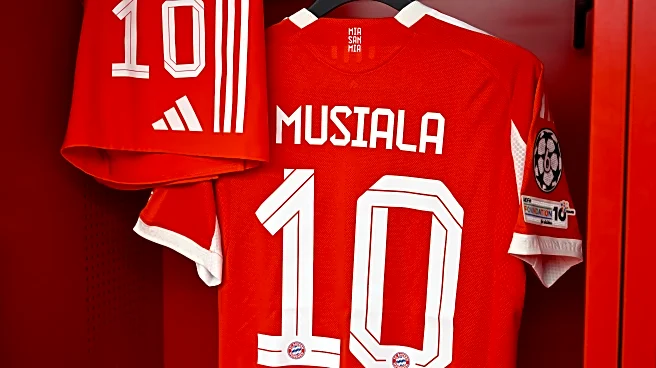What's Happening?
The Bollywood film 'Dilwale Dulhania Le Jayenge' (DDLJ), released in 1995, remains a cultural phenomenon in India, celebrating its 30th anniversary. The film, starring Shah Rukh Khan and Kajol, tells the story of two young Indians raised in London who
fall in love during a trip across Europe, facing the challenge of earning parental approval. DDLJ became the second-highest-grossing film of its decade and continues to draw audiences to the Maratha Mandir cinema in Mumbai, where it has been screened daily for 30 years. The film's narrative reflects India's cultural transition in the 1990s, capturing the nation's journey towards globalization while maintaining traditional values.
Why It's Important?
DDLJ's enduring popularity highlights its impact on Indian cinema and culture, serving as a blueprint for modern Bollywood films. It was one of the first mainstream films to portray Indians living abroad positively, influencing future narratives and breaking stereotypes. The film's success catapulted its lead actors to stardom and set a standard for romantic films in Bollywood. Its themes of love, tradition, and cultural identity continue to resonate with audiences, reflecting broader societal changes and the diaspora's connection to their roots. The film's legacy is evident in its influence on subsequent Bollywood productions and its role in shaping the industry's global appeal.
What's Next?
As DDLJ celebrates its 30th anniversary, its influence on Bollywood and global cinema is likely to continue. The film's themes remain relevant, potentially inspiring new adaptations or similar narratives that explore cultural identity and globalization. The ongoing screenings at Maratha Mandir suggest a sustained interest in classic Bollywood films, which may encourage the industry to revisit and preserve its cinematic heritage. Additionally, the film's impact on the diaspora could lead to more stories that bridge cultural divides, appealing to both domestic and international audiences.
Beyond the Headlines
DDLJ's portrayal of cultural conflicts and its resolution through familial approval offers insights into evolving gender roles and societal expectations in India. While the film's gender politics may seem dated today, its narrative reflects the era's values and the gradual shift towards more progressive representations. The film's success underscores the power of cinema to influence cultural perceptions and foster a sense of shared identity among diverse audiences. As Bollywood continues to evolve, DDLJ's legacy serves as a reminder of the industry's potential to address complex social issues through storytelling.
